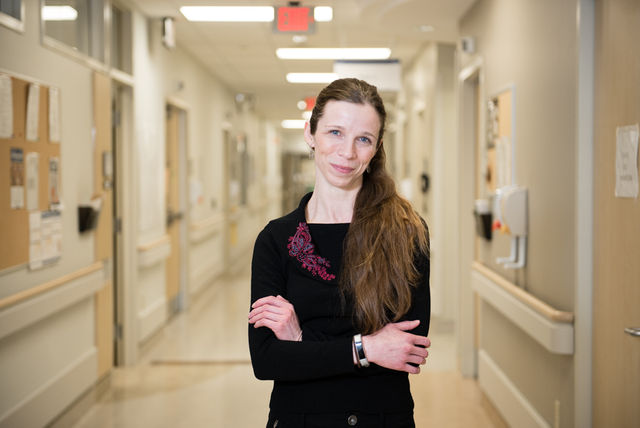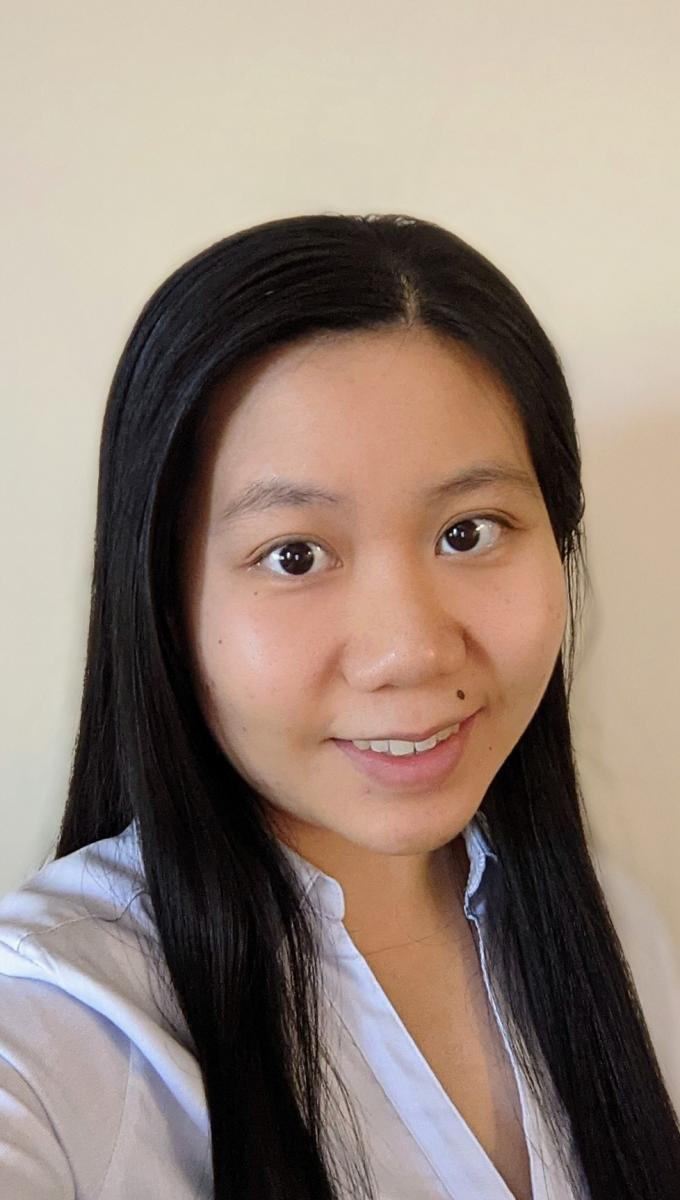

It has been a challenging year for many with the ongoing COVID-19 pandemic creating changes to people’s lifestyles, education, employment and health care. The impacts of these changes may be posing a health risk to women who have given birth during this trying time, and for their babies.
“This has been a stressful and pivotal time for everyone in the world, but we know the post-partum experience can greatly affect both the birthing person and their baby, in the short and long term,” says Dr. Genevieve Eastabrook, Associate Scientist at Lawson and Assistant Professor at Western’s Schulich School of Medicine & Dentistry. “We know perceived stress in the perinatal period may have a contribution

to health later in life for the birthing person and their children in terms of overall cardiovascular and metabolic health, bonding experiences, and risk of mood disorders.” Dr. Eastabrook is also an obstetrician-gynecologist (OB-GYN) at London Health Sciences Centre (LHSC).
With all these factors at hand, a team of researchers from Lawson Health Research Institute and Western University are investigating the possible health impacts on mothers and their babies who were born or will be born during the pandemic.
“The purpose of this new study is to look at the pandemic response rather than the pandemic itself. We know that even if women haven’t been infected with COVID-19, it doesn’t mean they haven’t been impacted,” says Mei Yuan, MSc research student at Western’s Schulich School of Medicine & Dentistry.
As part of the new study, the London research team is using an approach called ‘One Health’ which offers a holistic perspective to explore how various risk factors and social determinants of health interact to affect health. This is being studied through the Department of Pathology and Laboratory Medicine at Western

Study participants are asked to complete a 30-minute questionnaire at around 6-12 weeks after their delivery. The questionnaire focuses on perceived stress, postpartum depressive symptoms, perceived social support, the impact of COVID-19, health-care access and breastfeeding. Data from the questionnaire will be linked with participants’ medical records to look for associations between the various factors and pregnancy outcomes. “Even though the study is mainly focused on maternal health, studies have shown that once mental health is affected it really does impact the infant’s health, especially in the area of attachment between baby and caregivers,” explains Yuan.
Data collected from this study will be compared to the Maternity Experiences Survey, a national survey of Canadian women compiled in 2007 which looked at experience, perception, knowledge and practice during pregnancy, birth, and the early months of parenthood. “We will also look at some unique things from the pandemic, such as how the use of virtual care for antenatal, postpartum and baby care impacted people’s experiences,” adds Dr. Eastabrook.
The research team hopes to recruit around 300 mothers for this study who have given birth at LHSC, specifically during the pandemic. Once all the data is collected, Dr. Eastabrook says the goal will be to use the findings to improve post-partum care for mothers and their babies within this population group. “We might find ways to improve care that help alleviate these stressors and potentially flag people who need mental health support or other health interventions.”
Pregnant women from the London region or those who have given birth at LHSC during the pandemic can contact the team at @email for more information about participating in the study.*
This is a collaborative study with expertise from the Department of Obstetrics & Gynecology at Western and the Pregnancy Research Group, including Dr. Barb DeVrijer, Division Head for Maternal-Fetal Medicine in Obstetrics & Gynecology at LHSC, Associate Scientist at Lawson and Associate Professor at Western, and Dr. Stephanie Frisbee, Associate Scientist at Lawson, Assistant Professor at Western’s Department of Pathology and Laboratory Medicine and mentor in the ‘One Health’ program.
*Please not this study is no longer recruiting participants. Thank you for your interest.